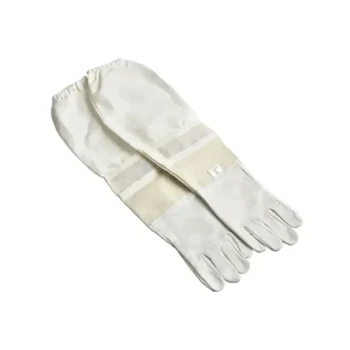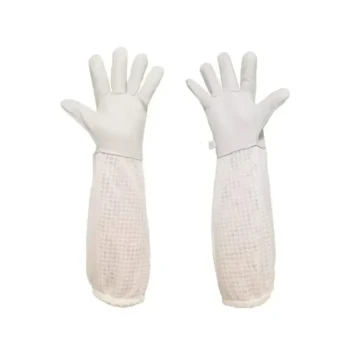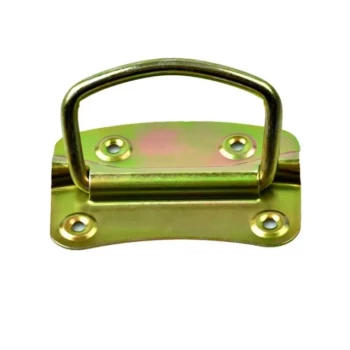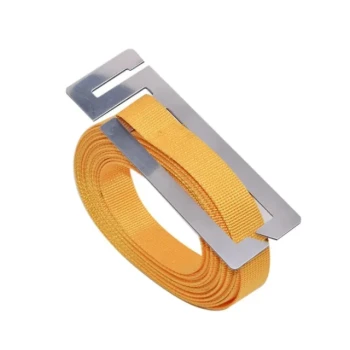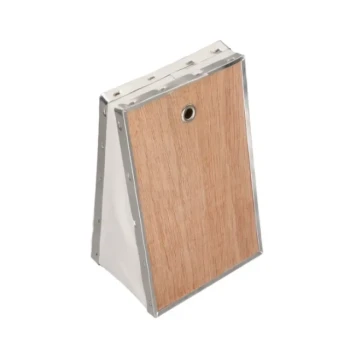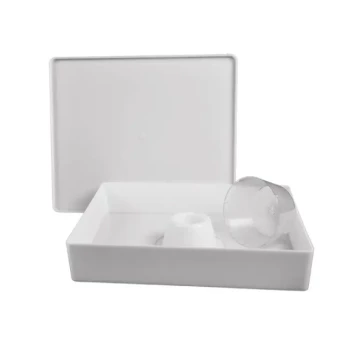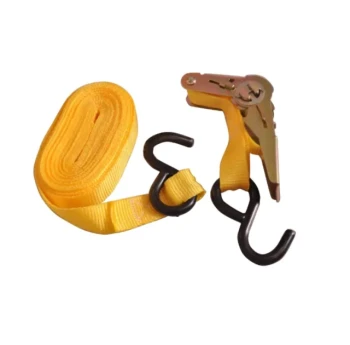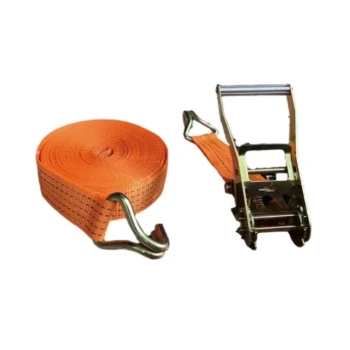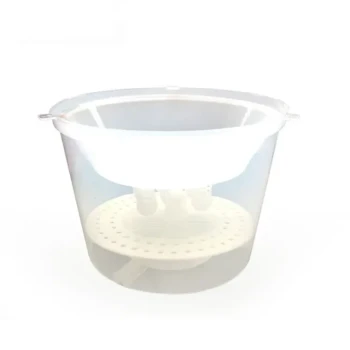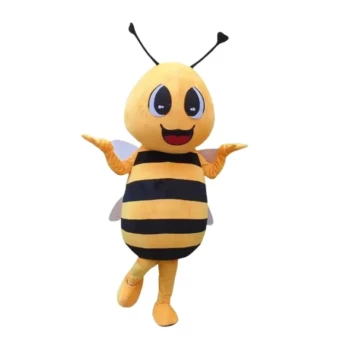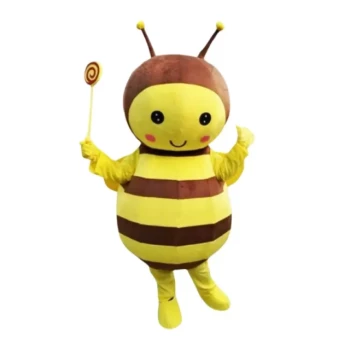Cleaning your beekeeping gloves is not just about tidiness; it is a critical practice for the health of your bees and your own effectiveness. Neglecting this task can spread devastating diseases between your hives, make the gloves stiff and difficult to use, and ultimately shorten their lifespan. Regular cleaning is a simple step that protects your bees, your safety, and your investment.
Beyond simple appearances, clean gloves are a cornerstone of responsible beekeeping. They are a primary tool for biosecurity, directly impacting hive health by preventing disease transmission while ensuring you can handle your bees gently and safely.
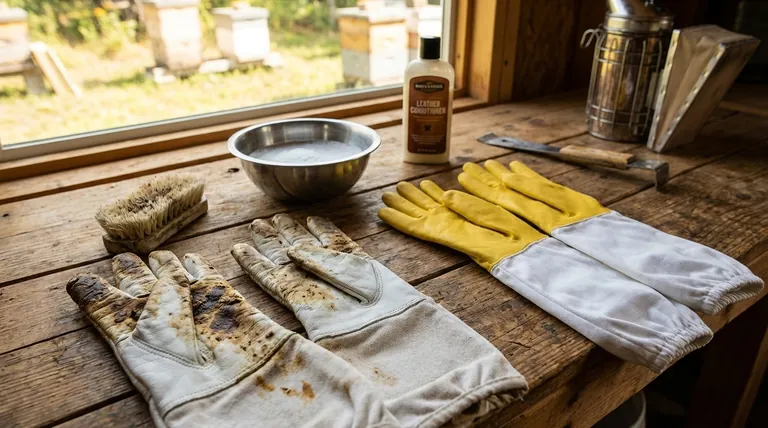
The Critical Role of Glove Hygiene
A beekeeper's gloves come into contact with every part of the hive environment. This makes them a primary vehicle for transferring materials—both helpful and harmful—from one place to another.
Preventing the Spread of Disease
This is the single most important reason to clean your gloves. Pathogens, such as the hardy spores of American Foulbrood (AFB), can easily stick to the propolis and wax that accumulate on your gloves.
When you move from one hive to another, or especially between different apiaries, dirty gloves can transfer these diseases, potentially leading to the loss of a colony. Clean gloves are a fundamental part of good biosecurity.
Maintaining Dexterity and Safety
Gloves caked with layers of honey, beeswax, and propolis become stiff and sticky. This significantly reduces your dexterity and sense of touch.
Stiff gloves make it difficult to handle frames and tools with care, increasing the risk of dropping a frame or accidentally crushing bees. Crushing bees releases alarm pheromones, which can agitate the colony and increase the likelihood of stings.
Extending the Lifespan of Your Equipment
Beekeeping gloves, especially those made of leather, are an investment. The residues that build up on them are not inert; propolis, in particular, can be slightly acidic and contribute to the degradation of the material over time.
Regular cleaning and conditioning prevent leather from becoming brittle and cracked, ensuring your gloves remain supple and protective for many seasons.
How to Properly Clean Your Beekeeping Gloves
The cleaning method depends entirely on the material your gloves are made from. Always check the manufacturer's recommendations first.
For Leather Gloves
Leather requires a gentle approach to avoid damage. Never soak leather gloves, as this can cause them to shrink and become permanently stiff.
Instead, use a soft brush or cloth with a mild soap and water solution to gently scrub the surface. For stubborn propolis, a small amount of white vinegar or a baking soda paste can be effective, but always test on a small, inconspicuous area first.
After cleaning, allow the gloves to air dry away from direct heat or sunlight. Once they are almost dry, apply a leather conditioner to restore their flexibility and protect the material.
For Nitrile or Rubber Gloves
Synthetic gloves are much simpler to clean and are an excellent choice for tasks where biosecurity is the top priority.
Simply wash them with soap and water as you would your own hands. They can then be air-dried or wiped dry and are immediately ready for reuse.
Don't Forget the Gauntlets
The fabric sleeves, or gauntlets, attached to your gloves can also become dirty. Pay attention to cleaning these areas as well, as they can also harbor contaminants.
Understanding the Trade-offs: Hygiene vs. Scent
You may encounter the idea that "seasoned" gloves with the smell of smoke and propolis help keep bees calm. While this theory exists, it must be weighed against the significant risks of poor hygiene.
The "Scent Masking" Theory
The folk wisdom suggests that the accumulated smells on old gloves help mask human scent and alarm pheromones, leading to a calmer colony during inspections.
Why Biosecurity Is More Important
While a familiar scent might have a marginal effect, it cannot compare to the impact of a calm and deliberate beekeeper. The risk of spreading a devastating disease like AFB from a contaminated glove far outweighs any potential calming benefit.
Modern beekeeping best practices overwhelmingly prioritize hygiene and biosecurity. A healthy, disease-free hive will always be calmer and more productive than one weakened by illness.
Making the Right Choice for Your Apiary
Your approach to glove cleaning should align with the goals and scale of your beekeeping operation.
- If your primary focus is biosecurity (managing multiple apiaries or known disease): Prioritize disposable nitrile gloves or a stringent leather cleaning protocol after every single visit to prevent cross-contamination.
- If your primary focus is managing a few backyard hives: Regular cleaning of your leather gloves after every few inspections is sufficient to maintain good hygiene and proper glove function.
- If your primary focus is longevity and value: Proper cleaning and conditioning of quality leather gloves is the best way to protect your investment for many seasons.
Ultimately, treating your gloves as a critical piece of biosecurity equipment is the mark of a thoughtful and responsible beekeeper.
Summary Table:
| Aspect | Impact of Clean Gloves | Risk of Dirty Gloves |
|---|---|---|
| Hive Health | Prevents spread of diseases like American Foulbrood | High risk of cross-contamination between hives |
| Beekeeper Safety | Maintains dexterity for gentle handling, reducing stings | Stiff gloves increase risk of crushing bees and agitation |
| Equipment Lifespan | Extends glove life by preventing material degradation | Propolis and wax residues degrade leather, causing cracks |
Protect your apiary with the right gear from HONESTBEE.
As a trusted wholesale supplier for commercial apiaries and distributors, we understand that your success depends on durable, reliable equipment and strict biosecurity. Proper glove maintenance starts with quality products.
Let HONESTBEE equip your operation for maximum health and productivity. Contact our team today to discuss your wholesale beekeeping supply needs.
Visual Guide
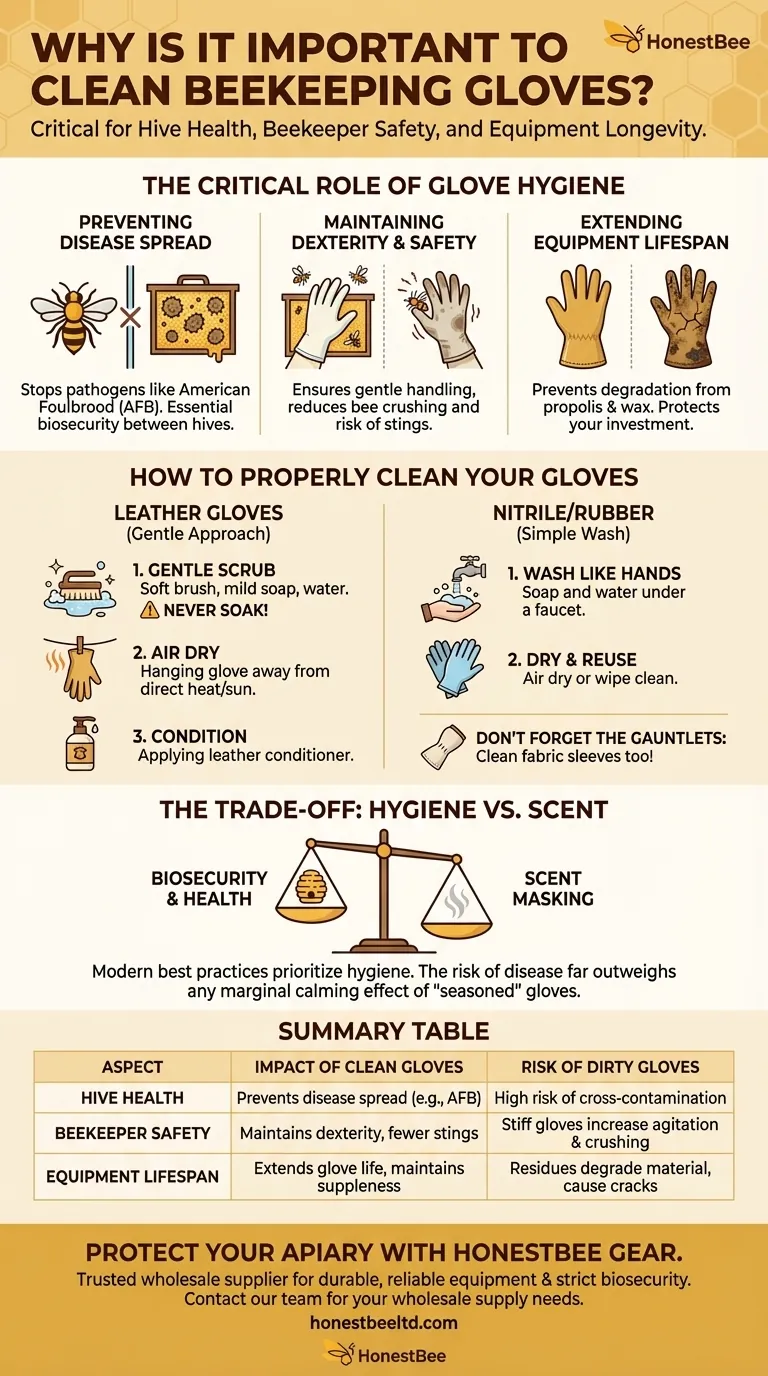
Related Products
- Beekeeping Gloves Goatskin Leather with Long Cotton Sleeve for Beekeepers
- Goatskin Leather Beekeeper Gloves with Vent Long Sleeve for Beekeeping Honey Bee Sting Proof Protection
- Premium Ventilated Goatskin Beekeeping Gloves with Full 3-Layer Mesh Sleeve
- Goat Skin Leather Bee Sting Proof Beekeeping Gloves with Canvas Sleeve
- Professional Galvanized Hive Strap with Secure Locking Buckle for Beekeeping
People Also Ask
- How should you measure your hand for beekeeping gloves? Get the Perfect Fit for Maximum Protection
- How do specialized beekeeping gloves improve dexterity? Boost Hive Precision and Minimize Bee Mortality
- What factors should be considered when choosing the most sting-resistant beekeeping gloves? Balance Protection & Dexterity
- What are the different material options for beekeeping gloves? Choosing Your Perfect Balance of Safety and Dexterity
- How should beekeeping gloves fit to ensure maximum dexterity? Achieve the Perfect Balance for Hive Work
- How should beekeeping gloves be cleaned? Protect Your Investment with Proper Care
- What type of gloves are recommended for beginners in beekeeping? Build Confidence and Safety
- Why do beekeepers wear gloves? Essential Protection for Apiary Safety

